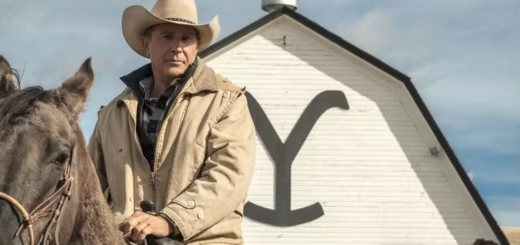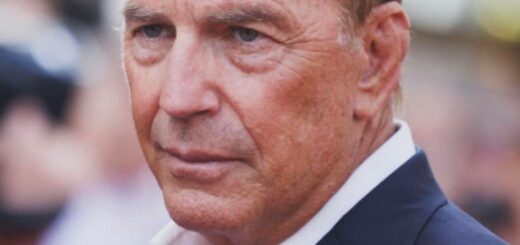The Kevin Costner Flop That Nearly Had Francis Ford Coppola at the Helm
The Kevin Costner Movie That Almost Became Francis Ford Coppola’s Comeback
If I had to name the most buzzed-about screenplays of my lifetime—the ones that had “surefire Oscar contender” or “blockbuster” written all over them—David Self’s Thirteen Days would rank near the top. A gripping retelling of the 1962 Cuban Missile Crisis, it put the audience inside the White House Situation Room as President John F. Kennedy and his inner circle navigated a world on the brink of nuclear war. The script had everything: real stakes, taut pacing, and sharp dialogue. It immediately attracted the attention of major Hollywood players.
Steven Spielberg gave it serious consideration. So did Lawrence Kasdan. But when Kevin Costner came on board to produce and star as presidential aide Kenneth O’Donnell, the directing gig started to lean toward someone Costner knew and trusted.
Initially, that looked like Phil Alden Robinson, who had made Field of Dreams with Costner. A reunion seemed likely—until creative differences shut that door. Then came Roger Donaldson (No Way Out) and Martin Campbell (GoldenEye), both competent choices, but the industry consensus was that Thirteen Days deserved an A-list director with a vision.
That’s when Costner and Beacon Communications made a bold play: they approached Francis Ford Coppola.
Coppola hadn’t been on a hot streak in the late 1990s. After some paycheck projects—most notoriously Jack and the underrated The Rainmaker—he was still searching for his next great film. Thirteen Days could’ve been it. The material was strong, timely, and smart. But for Coppola, there was a catch: this wasn’t a director’s showcase. The film’s style would need to be restrained, dialogue-driven, and focused on the ensemble. Coppola would be serving the story, not reinventing it.
It wasn’t just the prospect of working with a notoriously controlling Costner (an issue that had previously ruffled Clint Eastwood on A Perfect World). What really changed Coppola’s trajectory was a private screening of Star Wars: Episode I – The Phantom Menace. Watching his friend George Lucas explore a fully digital, CG-enhanced world, Coppola was inspired to pivot back to a long-gestating passion project: Megalopolis. He believed the time had finally come to create his bold vision of a futuristic society teetering on collapse.
Coppola passed on Thirteen Days. Donaldson got the job instead. And while he turned in a solid political thriller, the result was a B+ film where an A-level effort seemed within reach. The reviews were strong, but the Academy paid it no attention, and the film fell short financially—grossing $67 million against an $80 million budget.
Coppola, meanwhile, wouldn’t return to the director’s chair for another eight years, until 2007’s Youth Without Youth. In hindsight, Thirteen Days feels like a missed opportunity—for both Coppola and the film. He might not have turned it into The Godfather, but with his instinct for casting and tone, he could’ve elevated it into something truly memorable.
And maybe—just maybe—Costner’s political thriller would’ve found a place in Oscar history.


